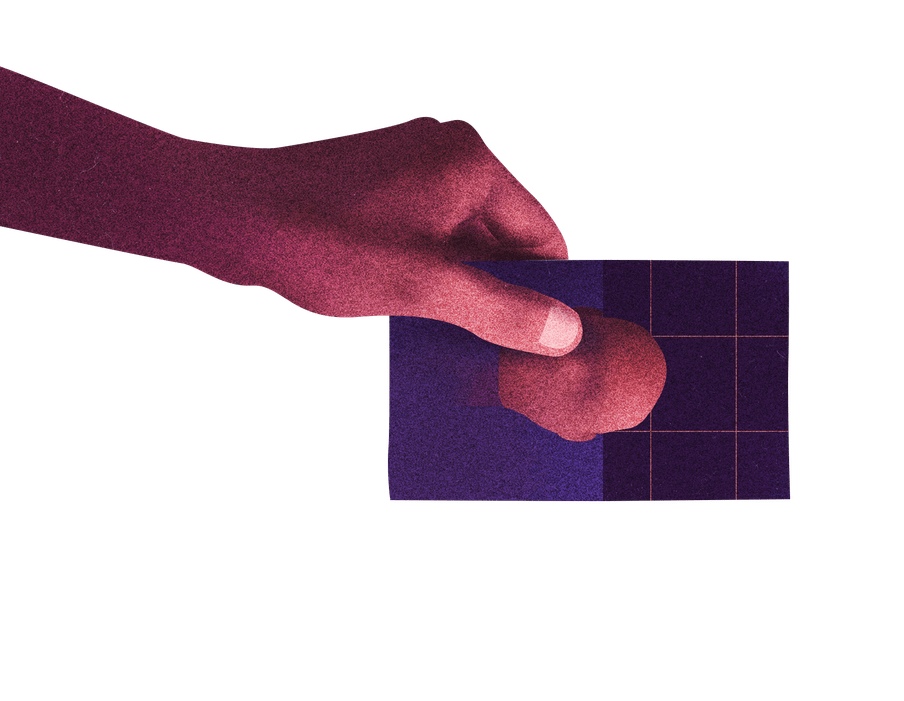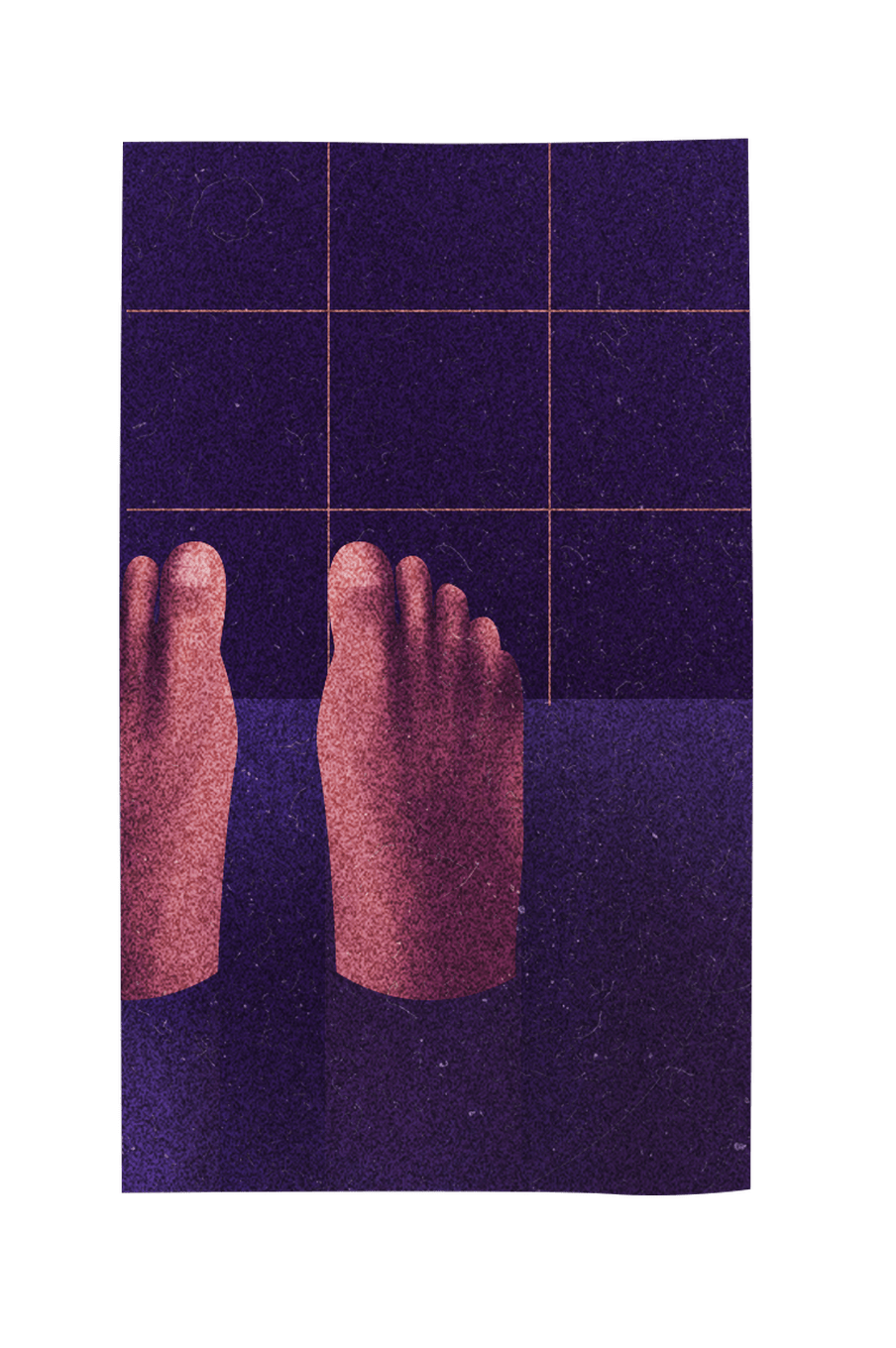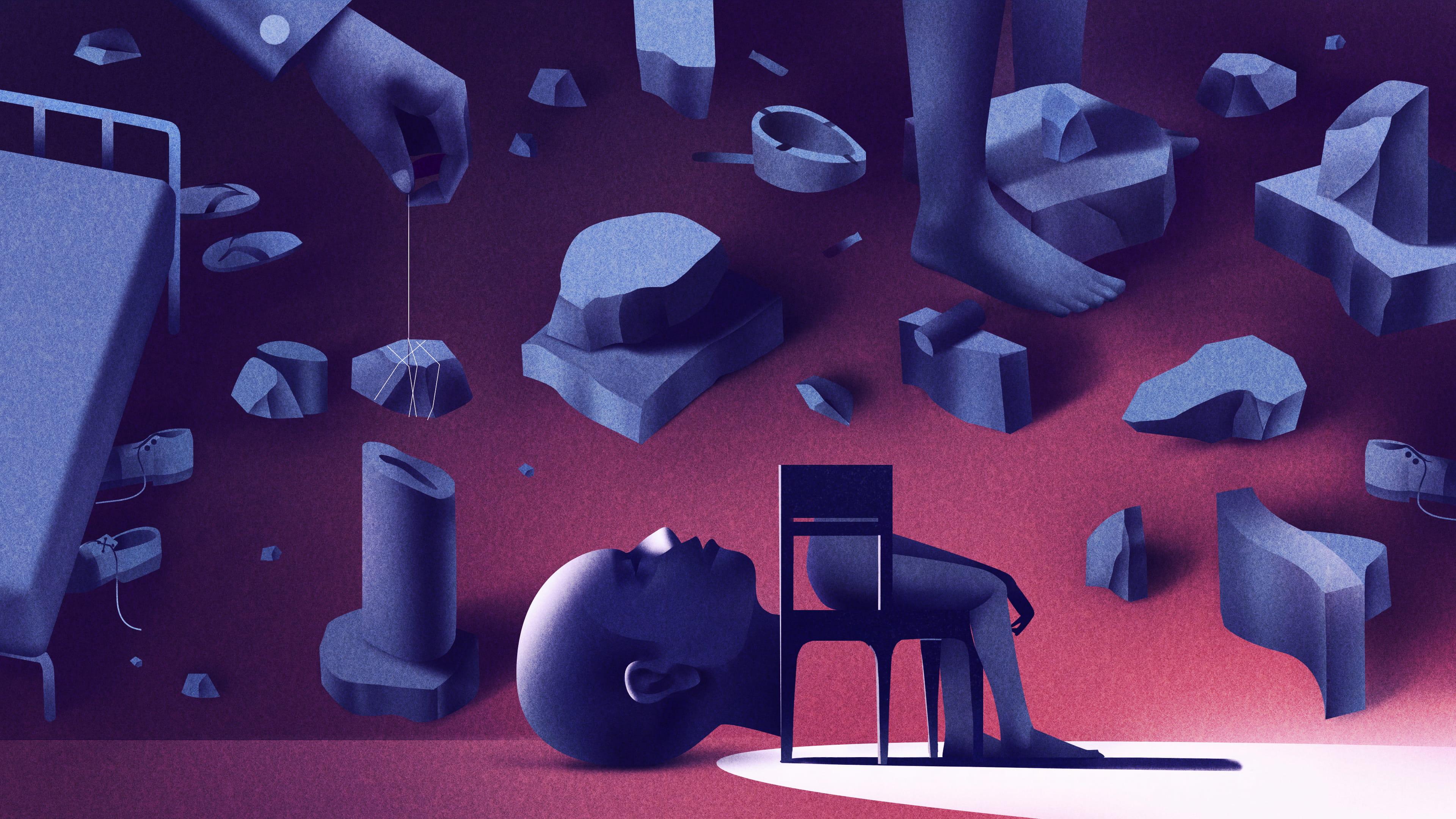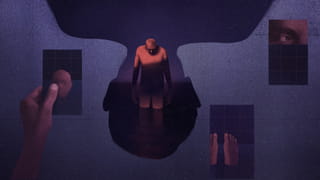Charles Darwin could take one look at you and solve a riddle that has plagued philosophers over the ages: how do you separate guilt and shame?
In his 1872 book The Expression of the Emotions in Man and Animals, the high priest of evolutionary biology wrote: “A man reflecting on a crime committed in solitude, and stung by his conscience, does not blush; yet he will blush under the vivid recollection of a detected fault, or of one committed in the presence of others.”
Sadly, with my skin colour, I have no way of knowing if the blush test really works. But the distinction between guilt and shame Darwin hints at, albeit crude, has wide resonance. That sting of the conscience when you do something you believe to be wrong, or merely think of doing it – that’s guilt. The feeling when you’re caught in the act, or imagine being caught? That’s shame.
Guilt and shame exert profound influence across cultures and mythologies. From Plato to Sigmund Freud, they are possibly the most closely dissected of what western philosophers and psychologists call moral or self-conscious emotions – a family that also includes pride, remorse, and embarrassment.
Why this obsession with guilt and shame, and why do we need to understand them better? Because few other emotions are as inseparably fused with what it means to be human.

“Humans are the only species who need to be taught how to be (emphasis mine),” says Shyam Bhat, a psychiatrist and trustee of the Live Love Laugh Foundation, which promotes mental health awareness in India. “From the moment you are born, you are told not to do this or that. Don’t touch this, don’t pee there.” Guilt and shame are the natural outcomes.
While they appear conjoined, the two emotions come at very different costs. With guilt, you can isolate the specific behaviour troubling your conscience, accept retribution for it, and move on. But shame infects how you see your whole self. It pushes you to the point of no return.
Guilt: I made a mistake.
Shame: I am a mistake.
Why do we experience guilt and shame?
In a 2011 paper on self-conscious emotions, researchers June Tangney and Jessica Tracy analysed multiple studies on young offenders to drive home how guilt can prevent criminal behaviour. “[T]he propensity to experience guilt about specific behaviours is a protective factor vis-à-vis severity of crime, involvement in the criminal justice system, and known predictors of recidivism,” they found. “In contrast, there is little evidence that the propensity to experience shame serves an inhibitory function.”

This explains why ethicists and legal scholars, such as Martha Nussbaum at the University of Chicago, advocate embracing the power of guilt over public shaming. "Guilt is potentially creative, connected with reparation, forgiveness and the acceptance of limits to aggression. Shame of the primitive type is a threat to all possibility of morality," Nussbaum argues.
Psychology suggests several theories about why we experience guilt. It could be because you have caused someone harm, or believe yourself to have done so.
Gender and culture may affect the degree to which we feel guilty; various western studies show that women tend to suffer greater guilt than men. In a society less focused on individual responsibility, such as India, the dominance of fatalistic thinking and the principle of karma from Hindu philosophy may also save people from excessive personal guilt.
These differences may be overestimated, however. Roland Zahn, an expert in the neural bases of mood disorders at King’s College, London, argues that the belief that Catholics are neurotically guilty doesn’t hold up to scrutiny, for instance, but does concede that the English word "guilt" doesn’t translate well in every language. "Self-blame", Zahn suggests, is more universal.
The productive power of guilt
So what is the purpose of guilt? It is generally understood as adaptive – an internal compass whose job is to help you return to the straight and narrow after a fall. That’s why guilt, more than any other emotion, pops up in conversations about righting wrongs, justice, and redemption.
In 1995, for example, a year after the end of apartheid, South Africa established a Truth and Reconciliation Commission that sought to transcend the racist era’s “legacy of hatred, fear, guilt and revenge”. Greta Thunberg, the Swedish teenager prominent in the global climate movement, made her parents go vegan by employing, according to The Washington Post, “a daunting kitchen-table campaign of repetition plus guilt”.
The evidence on guilt and shame is much like the emotions themselves: messy
Shame, by contrast, can be maladaptive – preventing the pursuit of improvement. Shaming whoever offends our sense of morality is the preferred tool of outrage on TV or on social media. But it is a poor tool for positive change.
Facebook has an embarrassingly long history of being shamed for its missteps and then apologising for them, for example. And yet the social network failed to prevent the Cambridge Analytica scandal, which led to a breach of the personal data of up to 87 million of its users.
Why did shaming fail to generate real change in the Facebook case, and indeed in so many of the ethical transgressions seen in Silicon Valley? In Pride, Shame and Guilt, the British philosopher Gabriele Taylor explains that in a shaming culture, the only thing that matters is the opinion of the “honour group” you belong to. Think of it as a group of "people like us".
Silicon Valley’s honour group is dominated by individuals who believe in moving fast and breaking things. Protests against this behaviour by those who aren’t part of the group has, to date, made little difference.
Guilt and mental health
What is the relationship between guilt and mental illnesses? In a 2012 study, Zahn used functional magnetic resonance imaging (fMRI) to scan the brains of two groups of people: one with histories of depression and the other without. The scans revealed that for those with a history of depression, the separate brain regions associated with guilt and the knowledge of appropriate social behaviour were not coupled as strongly.

This could mean that people who have suffered depression struggle to understand exactly what is inappropriate about their behaviour when feeling guilty, “thereby extending guilt to things they are not responsible for and feeling guilty for everything”.
Just when you think you have begun to understand guilt and shame, you discover a quirk that changes everything. In researching this piece, I stumbled across a paper on the exasperating discrepancies in the definitions of guilt in English psychology literature.
Critically, the authors also found “highly discrepant results regarding the relation of guilt to clinical constructs such as depression, obsessive compulsive disorder, anxiety, somatization, and psychosis”. This kind of discrepancy “should be a reason for concern,” they wrote. I wanted to ask them about Zahn’s findings, but unfortunately they were unavailable to comment or had moved on to other research.
I also found that shame may not be as ineffective at sparking action as it is widely thought to be. There is at least one researcher, Bruna Seu at Birkbeck in London – writing about the field of humanitarian aid, where invoking guilt in the audience is seen as the most powerful strategy to mobilise donations – who suggests that shame could in fact be a bigger catalyst.
It seems that despite the countless papers written and fascinating experiments done, the evidence on guilt and shame can be much like the emotions themselves: messy.
Dig deeper
 How’s your mind?
Tanmoy explains why it’s so important to change the way we talk about mental illness
How’s your mind?
Tanmoy explains why it’s so important to change the way we talk about mental illness


